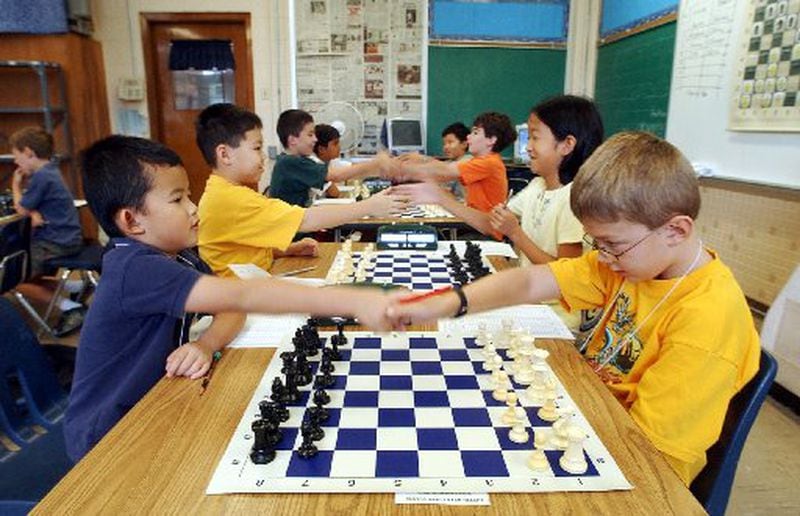Just about every parent has heard their child say something that seems advanced for his age. Or seen her show off an impressive new skill and wondered, "Is my child is gifted?" Of course, each child has special talents and interests, but giftedness is usually identified in specific ways.
What does it mean to be gifted and what traits could indicate that your child falls into this category?
What does gifted mean?
The National Association for Gifted Children defines being gifted as having abilities that are significantly above the norm for a child's age. A child can be gifted in one or more ways - intellectually, creatively, artistically - or may excel in a specific academic field such as language arts or math. A child who is gifted may stand out in one field, but not necessarily another.
Giftedness is believed to be a byproduct of both genetics and environment. No precise number of gifted children is known, but many experts consider children who are in the top ten percent compared to national or local norms to be gifted.
What are some signs that your child might be gifted?
The most important thing to consider when determining whether your child is gifted at an early age is how he or she compares to other children of the same age, according to Psychology Today. Look for consistent differences and pay attention to whether teachers, relatives and other people mention the same traits that you see, which can help rule out the bias parents naturally feel toward their own kids.
The following are some of the traits you may notice in your child if he or she is gifted:
- Learning new ideas and skills quickly and easily
- Independently seeking out in-depth information in special areas of interest
- Having focus and determination
- Being curious and inquisitive
- Relating well to adults and older kids and often preferring their company to that of their peers
- Enjoying solitary activities, like reading or daydreaming
- Appreciating natural beauty and noticing things others might miss
- Thinking creatively and making connections between seemingly unrelated topics
What should you do if you think your child is gifted?
Giftedness is often identified in school, with a teacher recommending tests combined with written observations, according to BabyCenter. If you think your child may be gifted, you can ask that he or she be evaluated by the school or independently by a professional who specializes in administering tests and measuring performance.
If your child is found to be gifted, you can find out more about the specific area or areas they excel in. Realize, though, that giftedness doesn't necessarily mean academic perfection.
How do you encourage a gifted child?
These tips from Parenting can help stimulate your child's natural abilities:
- Talk and then talk some more – Ask your child open-ended questions and don't be afraid to use fairly sophisticated words, even when they're young. Your child will figure them out over time from context.
- Read – Give your child plenty of access to books as well as one-on-one reading time. This helps his or her brain make connections and increases their background knowledge about the world. You should also model a love of reading.
- Praise results – Praise your child for specific results, such as solving a problem, rather than for being smart. This will help make him or her more motivated and encourages perseverance.
- Celebrate curiosity – Take an interest in what your child is passionate about - even if it's something that you're not exactly excited about yourself - and take him or her to places that cater to those interests. Share your own interests with your child.
About the Author



/cloudfront-us-east-1.images.arcpublishing.com/ajc/P7DYBH6TO7FEKG4SUXQQKADRXE.jpg)


